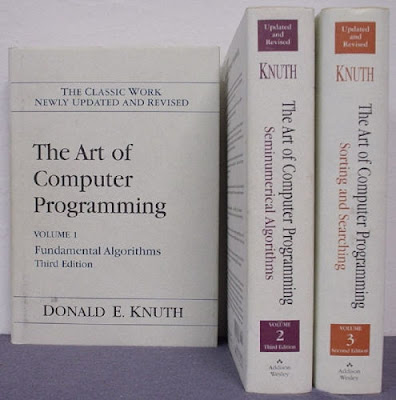After more than a year, I have finally finished reading PLP 2e. It is a wonderful book. Every programmer who want a complete and deep of programming language theory should read it. It teaches you compiler techniques. But unlike the dragon book which is for writing compilers, it teaches you the compiler concepts.
The book is written by Miachael Scott who is academic. I like his writing style, succint and precise. For one sentence of his writing, I often need a page to describe it. After his writing has a academic flavor, it is easy for non-academics to understand.
But there are two problems with this book. Only an instructor using this book can obtain the solutions to the exercises in the book. As a software professional outside of schools, I am not entitled to get these solutions. It is really frustrated if I can't solve one exercise and can't get the solution provided by the author. As a result, I did not do the exercises in the book.
The other problem is that the author often mention some technique in a short sentence. I often need some considerable time to understand the sentence because I am teaching myself.
During the reading of this book, I find some bugs of the book. I have emailed to the author. The author has listed these bugs in the errdata page.
